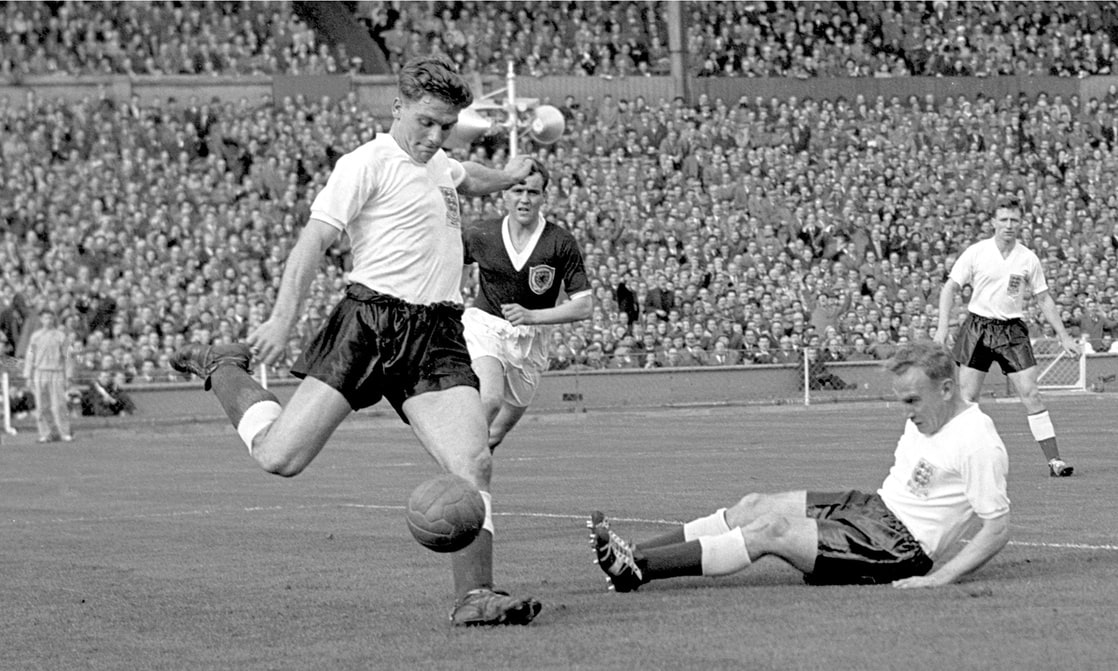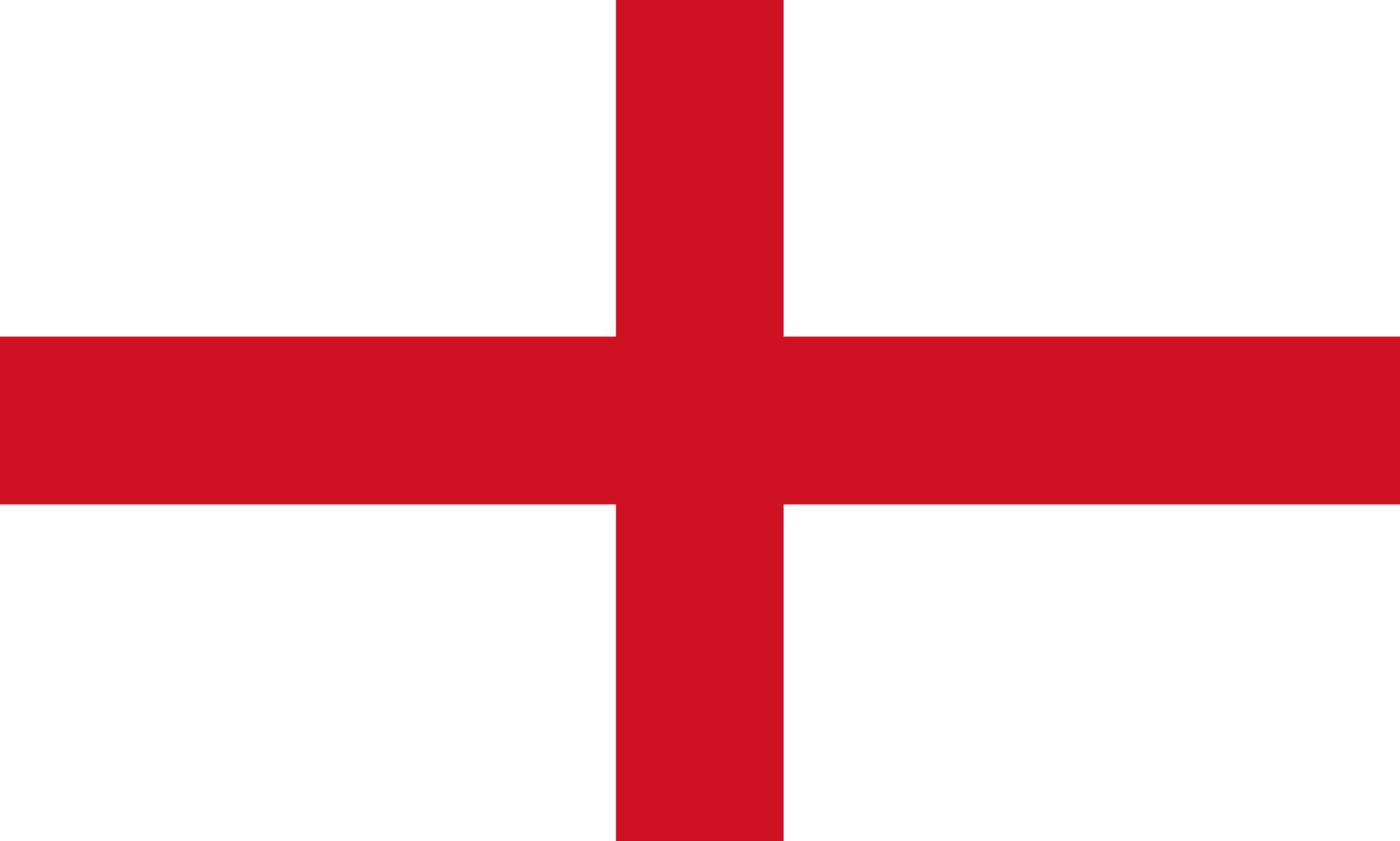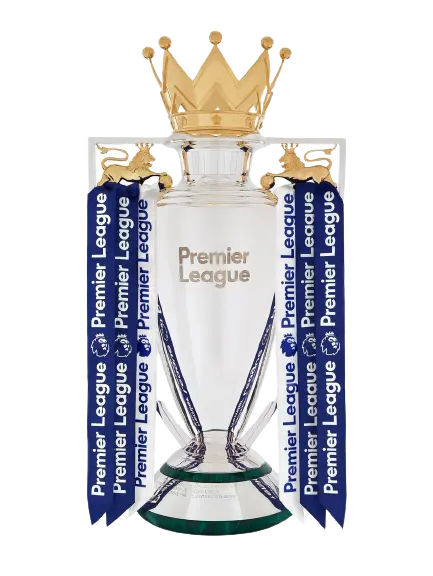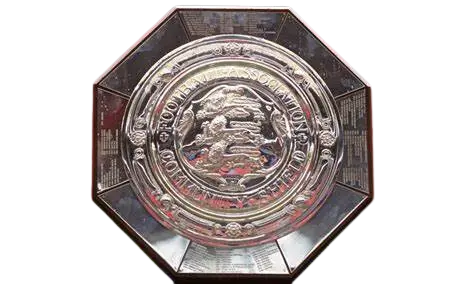Duncan Edwards
Duncan Edwards is surely one of the biggest What Ifs in the history of football, a talented player, already at the top of football at a very young age who will see his destiny cut short in full swing, killed in a plane crash when he was only 21 years old.

Trophies
Goals
Games
1953/58 Manchester UTD (ENG) 177 games, 21 goals
(English Premier League: 151 games, 20 goals)
(English Cup: 12 games, 1 goal)
(European Champion Clubs' Cup: 12 games)
(Charity Shield: 2 games)
With the National Team :
18 caps, 5 goals
(Friendly matches: 8 caps, 1 goal)
(World Cup qualifiers: 4 caps, 2 goals)
(British Home Championship: 6 caps, 2 goals)
1st cap: April 2, 1955 against Scotland (7-2)
Last cap: November 27, 1957 against France (4-0)
B: 4 caps
U23: 6 caps, 5 goals
school: 9 caps

Duncan Edwards
Born October 1, 1936 in Dudley (ENG)
Died February 21, 1958 in Munich (GER)
English, Left midfielder/central midfielder/defensive midfielder, 1m80
Nicknames: "Boom-boom", The Tank, Big Dunc
A player with enormous precocity
Duncan Edwards was born on October 1, 1936 in Dudley, England, an apprentice carpenter, he finally destined himself for football, very quickly spotted to join the team of the "Busby Babes" of Manchester United. This team composed of players bought early and at low prices is a concept of the coach of the Red Devils at the time, Matt Busby, who had to build a strong team despite the financial difficulties encountered by the club.
Duncan Edwards impressed with his qualities, a complete midfielder, able to play both left midfielder, central midfielder or defensive midfielder. Very comfortable technically and physically, he joined the Manchester United team at the age of 15 and won the first edition of the FA Youth Cup, a competition for young players in English clubs.
Talented, he joined the Manchester United first team on an Easter Monday when he was only 16 years and 185 days old (thus becoming the youngest player to play in the English first division), but his team was torpedoed 4-0 by Cardiff City.
Intrinsically one of the best players in football history
Tireless on the pitch, he was everywhere on the pitch, powerful, athletic, agile, an excellent defender, he also had offensive assets such as an incredible quality of passing and the fact that he was ambidextrous, capable of scoring with both feet. A very attacking midfielder even when he played as a defensive midfielder, he did not hesitate to try shots from afar and to communicate with his elders on the pitch.
Legend has it that one of his shots destroyed the scoreboard at Old Trafford. Another of his qualities was his header, with a superb vertical jump and a very good header. Very complete, he was almost the perfect athlete.
A true worker and devoted to his team, he trained seriously and more than average, with his great strength of resilience, he did not hesitate to train more to refine his talent. Always fair play, he was already at his young age a great figure in football.
A young player at the top of European football
Mainly a left midfielder, the English player continued to break all records for precocity, including the record at the time for the youngest player selected by the Three Lions, playing his first match for his nation at the age of 18 years and 183 days in an easy 7-2 victory over Scotland.
With Manchester United, he won two English league titles in 1956 and 1957 as an undisputed starter. In 1957, he even finished in 3rd place in the Ballon d'Or, tied with Raymond Kopa and behind legends such as Billy Wright and Alfredo Di Stéfano, despite being only 21 years old and playing in a relatively defensive position.
Duncan Edwards is then considered more talented and promising than a certain Bobby Charlton, and is announced to be the future greatest player in the history of Manchester United, his future is bright for the player who already has 18 selections with the English national team.
Manchester unfolds and accumulates the most spectacular performances one after the other like this match where the Red Devils go to Highbury, in the Gunners' lair for a memorable match. Memorable already because there were 5 goals to 4 for the United players. Memorable also because that day, the Londoners were able to contemplate the talent of this group of kids who line up goal after goal. Charlton, Taylor, Viollet, Edwards. They are all there to give thanks to football. Memorable, finally, because four days later, the Red Devils win their ticket for the semi-finals of the European Champions Cup by eliminating Red Star Belgrade.
The tragedy: the Munich crash
Unfortunately this match will be the last of the Busby Babes and the last of Edwards whose fate will be tragic. On the way back, the British European Airways plane carrying the Mancunians makes a short stopover in Munich to refuel. As it takes off, a snowstorm hits the capital of Bavaria. After two unsuccessful attempts, the pilot tries again to leave the runway despite the players and staff agreeing to stay on German soil and go to the hotel, the pilot finally manages to start the plane and picks up speed.
But the fate is tragic, the plane fails to leave the ground and crashes. The accident causes 21 victims, a total of 7 players lose their lives in this crash. Duncan Edwards is seriously injured and taken to hospital, he will stay there two weeks before finally dying from his serious injuries.
He was buried in Dudley Cemetery five days later, alongside his sister Carol Anne, who had died two weeks after his birth. More than five thousand people took part in the funeral procession through the streets of Dudley. On his tombstone we can read: "A day of memory, Sad to recall, Without farewell, He left us all".
This is how the career and life of the greatest hope in the history of English football ended... In tragedy. And despite a short career, Duncan Edwards will forever remain as one of the greatest legends of Manchester United and English football in general, despite 5 short professional seasons, a testament to his incredible talent.
Trophies :

British Home Championship x4
- 1955 (England)
- 1956 (England)
- 1957 (England)
- 1958 (England)

Premier League x2
- 1956 (Manchester United)
- 1957 (Manchester United)

Finalist FA Cup x1
- 1957 (Manchester United)
FA Youth Cup x3
- 1953 (Manchester United)
- 1954 (Manchester United)
- 1955 (Manchester United)

Community Shield x2
- 1956 (Manchester United)
- 1957 (Manchester United)
Individual Trophies :
- 3rd in the Ballon d'Or 1957
- Included among the 100 legends of the Football League
- Inducted into the English Football Hall of Fame in 2002
- PFA Team of the Century in 2007
- UEFA Jubilee Poll in 2004